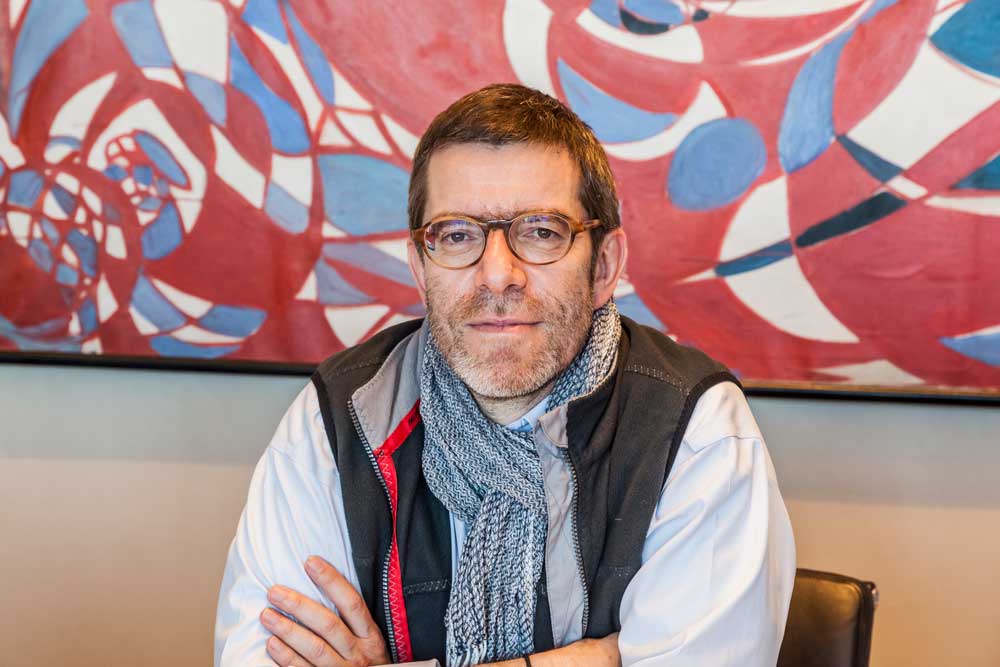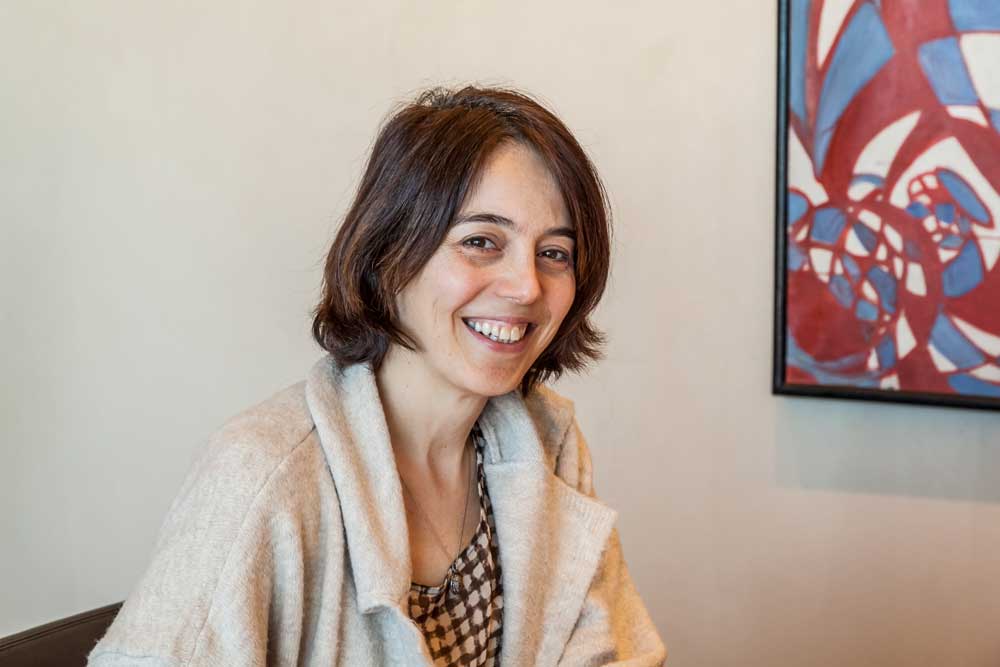Business and the Future of Our Planet
Sustainability, and particularly the dimensions of sustainability of concern to businesspeople, form the basis of this chapter. This conversation hones in on climate change, the greatest threat facing the planet today. It also assesses barriers to achieving common goals, new growth paradigms, and the responsibilities of businesspeople and politicians.
In his analysis, Bülent Eczacıbaşı draws attention to threats facing the world’s future as well as to hopeful developments. In addition to exploring the fundamental causes of sustainability problems, he examines both the responsibilities created by sustainability and the opportunities it offers business.


